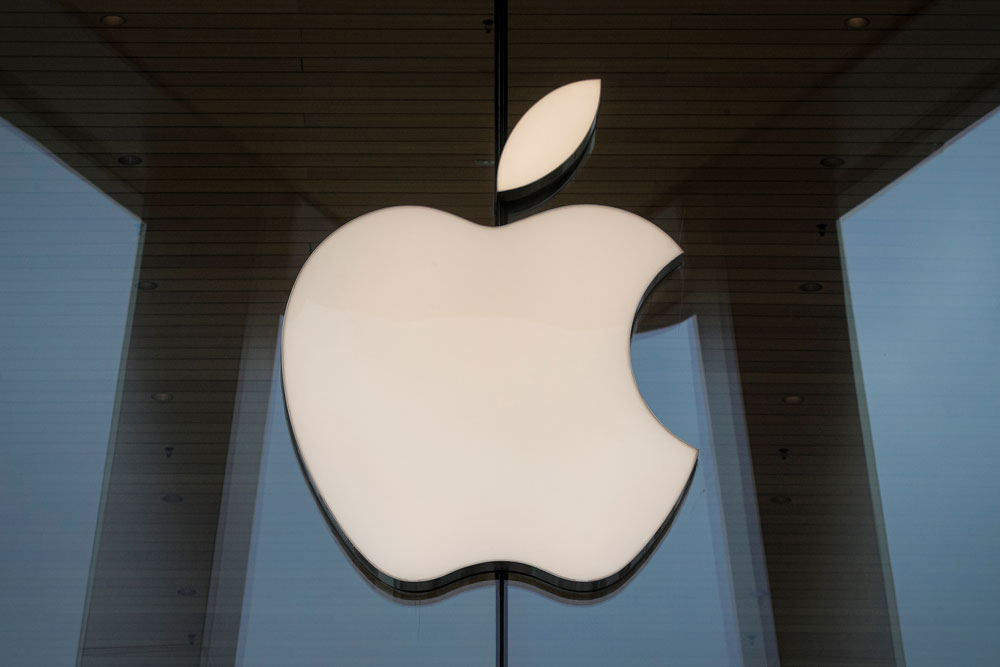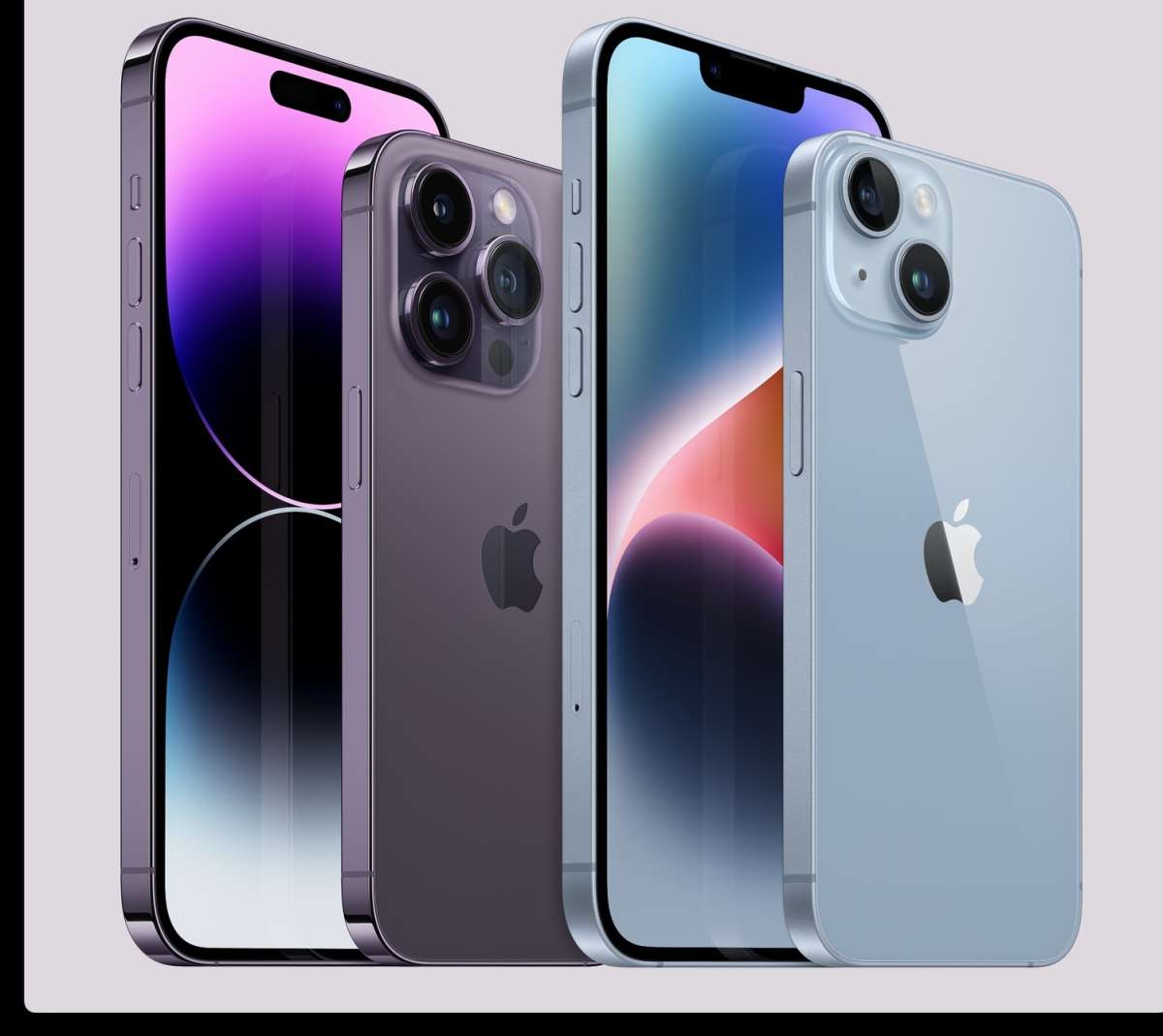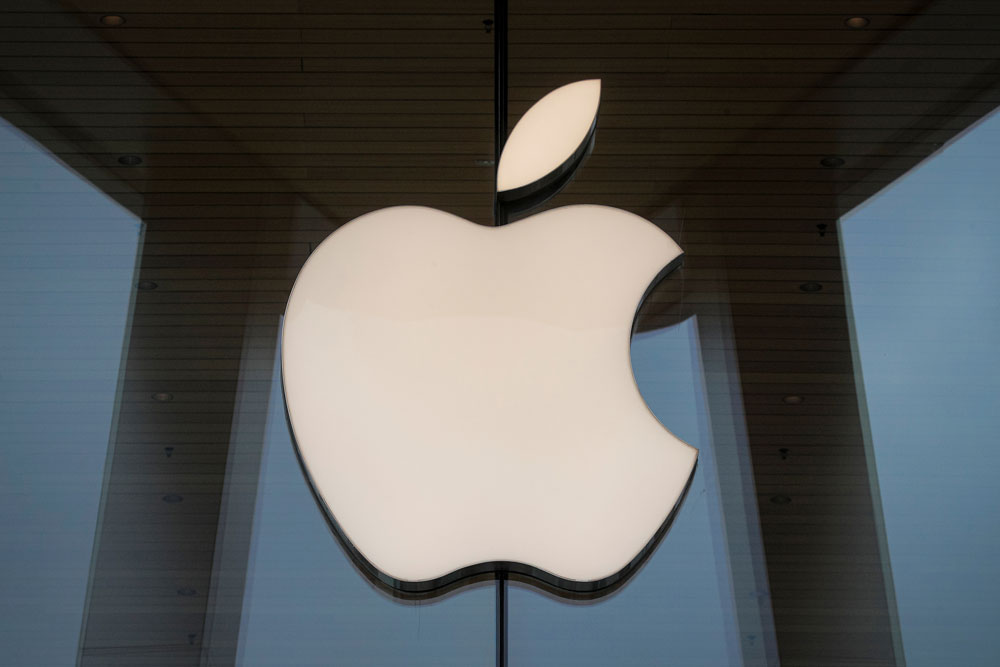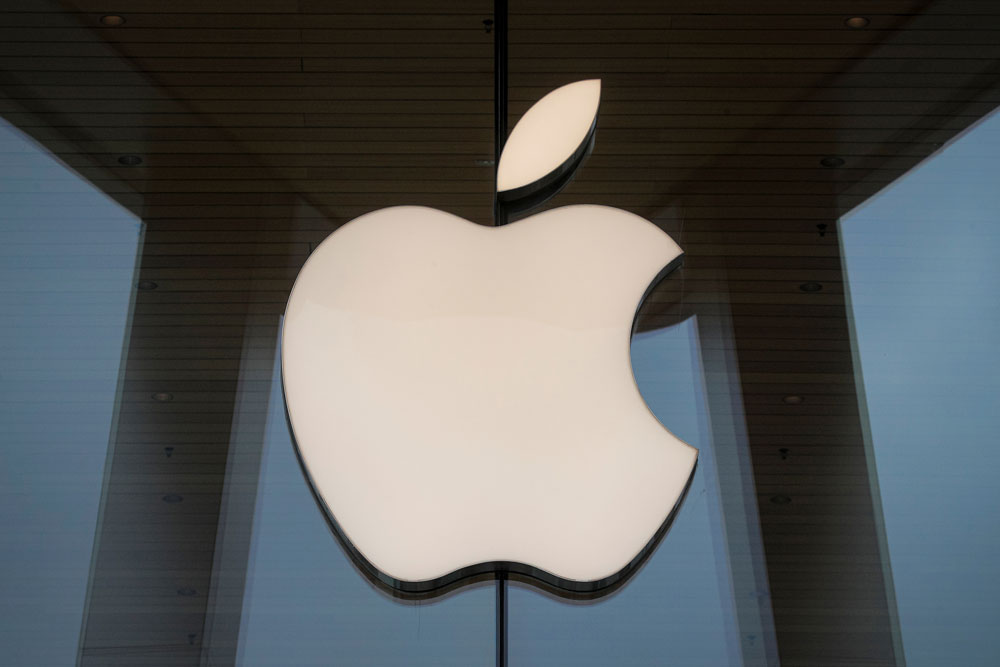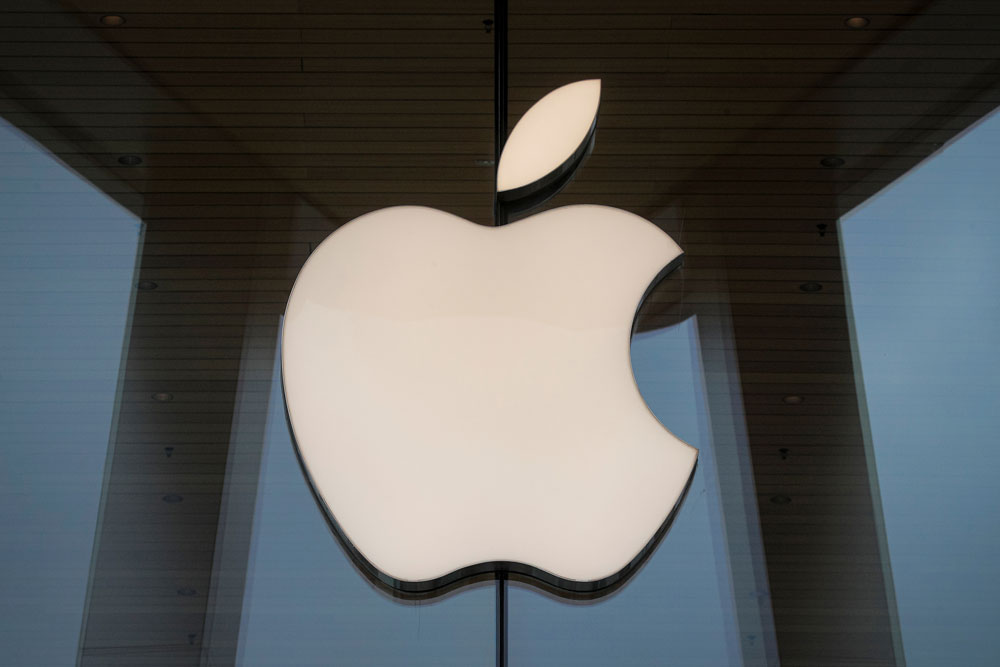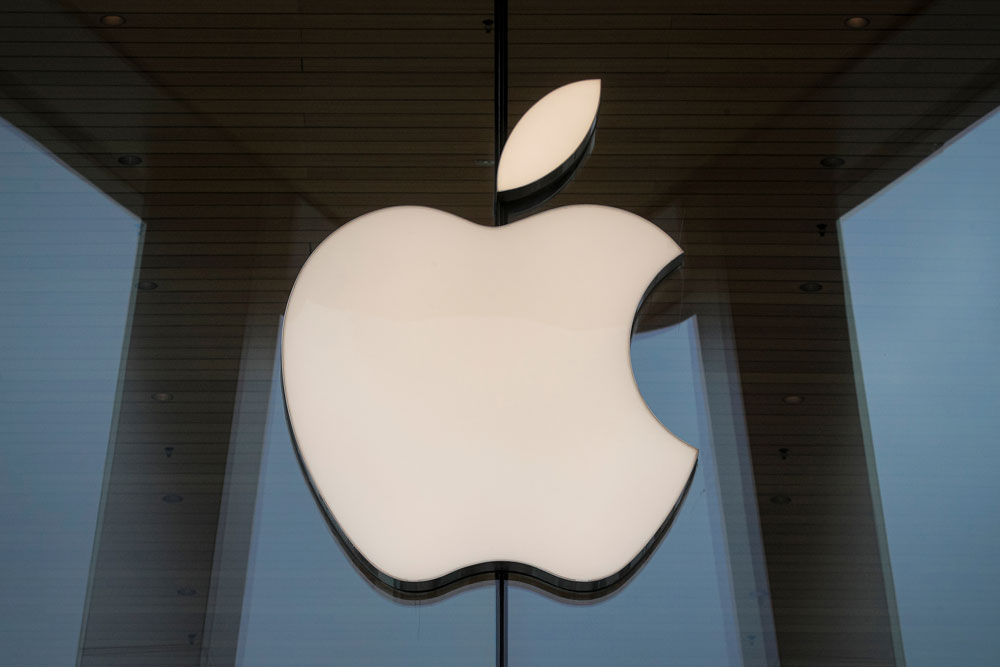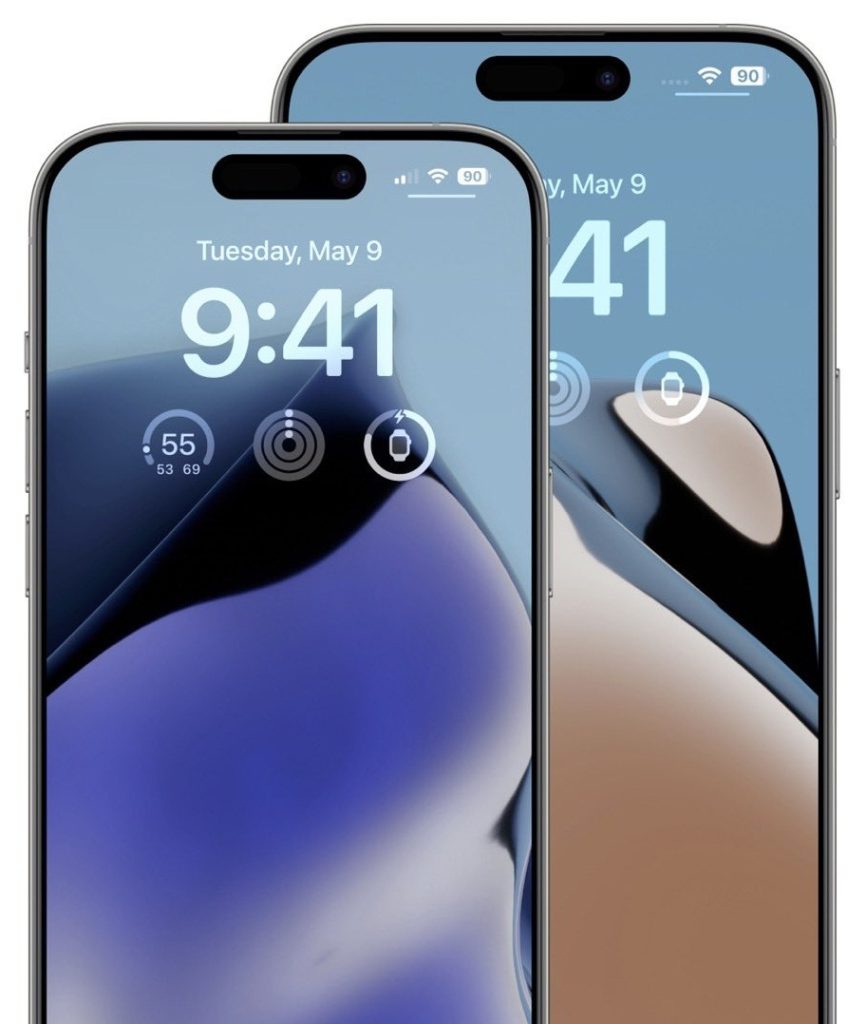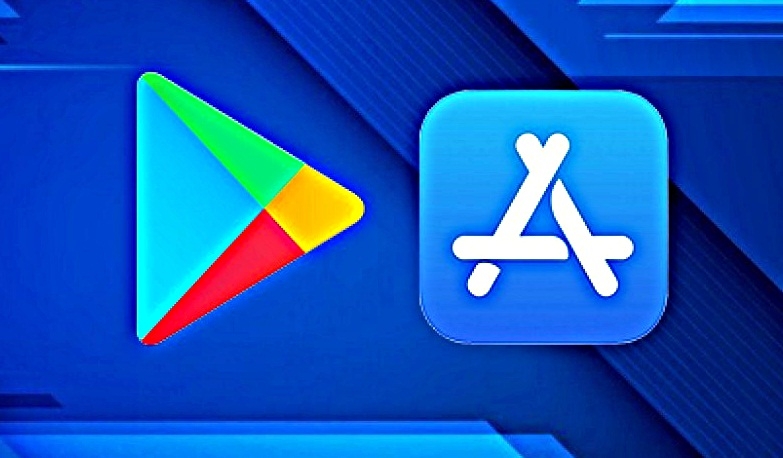Ek said that a completely new 0.50 cent Euro fee per download, every year, in perpetuity, to Apple for just allowing developers to exist on iOS “is extortion, plain and simple”….reports Asian Lite News
Swedish music streaming service Spotify’s CEO Daniel Ek has criticised Apple’s proposed App Store changes ahead of the EU Digital Markets Act (DMA), saying the changes are “at best vague and misleading” and a “new low for the company”.
In a blog post, the Spotify CEO alleged that under the false pretense of compliance and concessions, Apple has put forward a new plan “that is a complete and total farce”.
“Essentially, the old tax was rendered unacceptable under the DMA, so they created a new one masquerading as compliance with the law,” he argued.
Earlier, Epic Games’ CEO Tim Sweeney, whose company sued Apple over antitrust practices, also condemned Apple’s plan, saying it was a case of “malicious compliance” and full of “junk fees”.
Ek said that a completely new 0.50 cent Euro fee per download, every year, in perpetuity, to Apple for just allowing developers to exist on iOS “is extortion, plain and simple”.
“If Apple’s already charging a commission of 17 per cent (and 10 per cent for recurring payments) on digital goods purchased, why would they also need to charge an annual flat fee for every user?” he argued.
“From our read of Apple’s proposal, a developer would have to pay this fee even if a user downloaded the app, never used it and forgot to delete it. This will hurt developers, potential start-ups and those offering free apps”.
Under the new terms, if Spotify stays in the App Store and wants to offer its own in-app payment, “we will pay a 17 per cent commission and a 0.50 cent Euro Core Technology Fee per install and year”.
“This equates to us being the same or worse as under the old rules. With our EU Apple install base in the 100 million user range, this new tax on downloads and updates could skyrocket our customer acquisition costs, potentially increasing them tenfold,” Ek noted.
Apple has announced changes to iOS, Safari, and the App Store in the European Union in response to the DMA coming into force in March.
For users, the changes include new controls and disclosures, and expanded protections to reduce privacy and security risks the DMA creates, the company said in a statement.
The key news is that third-party app stores will be allowed on iOS for the first time. The changes will arrive with iOS 17.4 in March.
Musk Enters Apple’s App Store Debate
X owner Elon Musk on Saturday joined the debate around Apple’s App Store changes in the European Union (EU) ahead of the Digital Markets Act (DMA) in March, saying these changes are “very concerning”.
The world’s richest man reacted to Spotify CEO Daniel Ek who posted on X that Apple’s DMA announcement is, “at best vague and misleading”.
To which, Musk said these changes are very concerning. He, however, did not divulge more on the hot issue.
Apple has announced changes to iOS, Safari, and the App Store in the European Union in response to the DMA coming into force in March.
The key news is that third-party app stores will be allowed on iOS for the first time. The changes will arrive with iOS 17.4 in March.
However, the upcoming new App Store tax is the real bone of contention.
In August last year, the tech billionaire had said he will speak to Apple CEO Tim Cook to lower the App Store Tax.
“While we had previously said that X would keep nothing for the 12 months, then 10 per cent, we are amending that policy to X keeps nothing forever, until payout exceeds $100k, then 10 per cent. First 12 months is still free for all,” he posted.
He further said that Apple does take 30 per cent, “but I will speak with @tim_cook and see if that can be adjusted to be just 30 per cent of what X keeps in order to maximise what creators receive”.
ALSO READ: Intel Surpasses Expectations with $15.4 Billion Q4 Revenue


